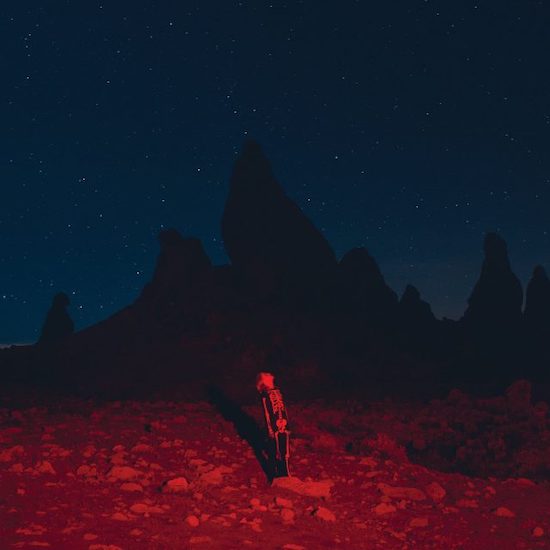Love, death, fear, the apocalypse: Phoebe Bridgers is preoccupied with the same titanic anxieties as the entire world, but few are able to crystallise it with such dexterity and such wit. On her second album Punisher, Bridgers cements herself as a prophet for a broken generation: sad, lonely, but furiously aware of how fascinating the details of it really are.
Sonically, she expands exponentially from her debut Stranger in the Alps. That album, elegant and wise, dealt mostly in acoustic guitars and fairly familiar folk influences. Her hero, Elliott Smith, was deeply felt. Punisher keeps some of the acoustics but also blows it all up: strings, horns, waves of mellotron melodies and nylon guitars create a greater sense of a swirling hurricane just waiting to happen.
Bridgers’ writing is as piercing as ever, taking all the aches of Stranger and the events that inspired it (in 2019, she was one of several women to speak out against producer Ryan Adams in the New York Times) and screaming them louder. On the giddy but still angsty ‘Kyoto’ she’ll sing “I’m gonna kill you/If you don’t beat me to it”, to the person “born under Scorpio skies”.
But the album is never lacking in sensitivity, in fallibility, in the scars of a person who knows heartbreak all too well. ‘Savior Complex’, a beguiling guitar ballad, remembers “One hand on the wheel, one in your mouth”, while ‘Moon Song’ sits stories of poetic isolation against a sole nylon guitar.
Sadness isn’t passive or forgettable with Phoebe Bridgers. On Punisher there’s anger, in emo-inflected grunge and sporadic screams, there’s exhaustion but still desire in the liquid-smooth string sections dealing in dreams and hallucinations. The album is preoccupied with paradoxes – thoughts on oblivion sang against featherlight instrumentals, stories told about lives beginning and ending, together and alone. The one thing that’s undeniable is the direction, always upwards, of Bridgers’ strength, of her fearless and unparalleled talent. Whatever lies beyond the apocalypse, Bridgers has figured out how to storm through it – we should be so lucky to hear what she’ll find there next.


